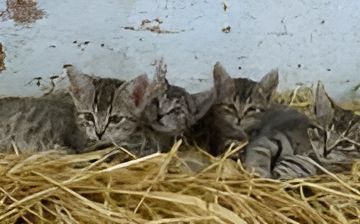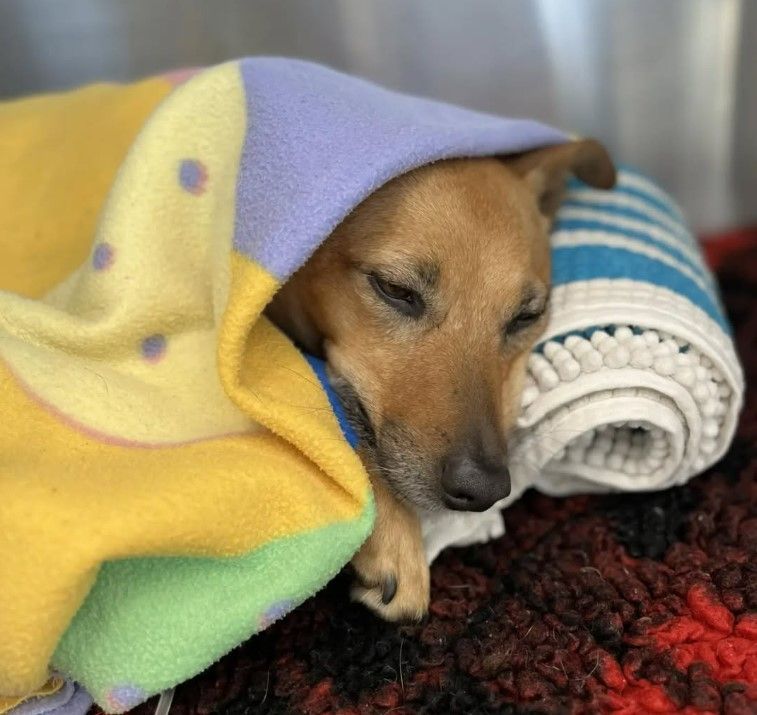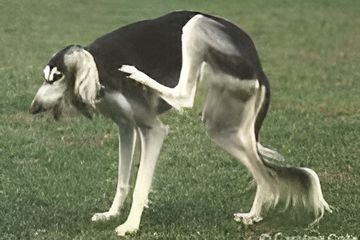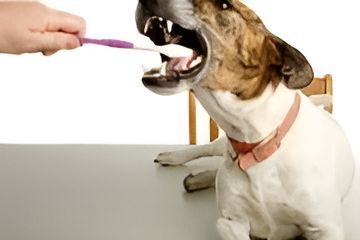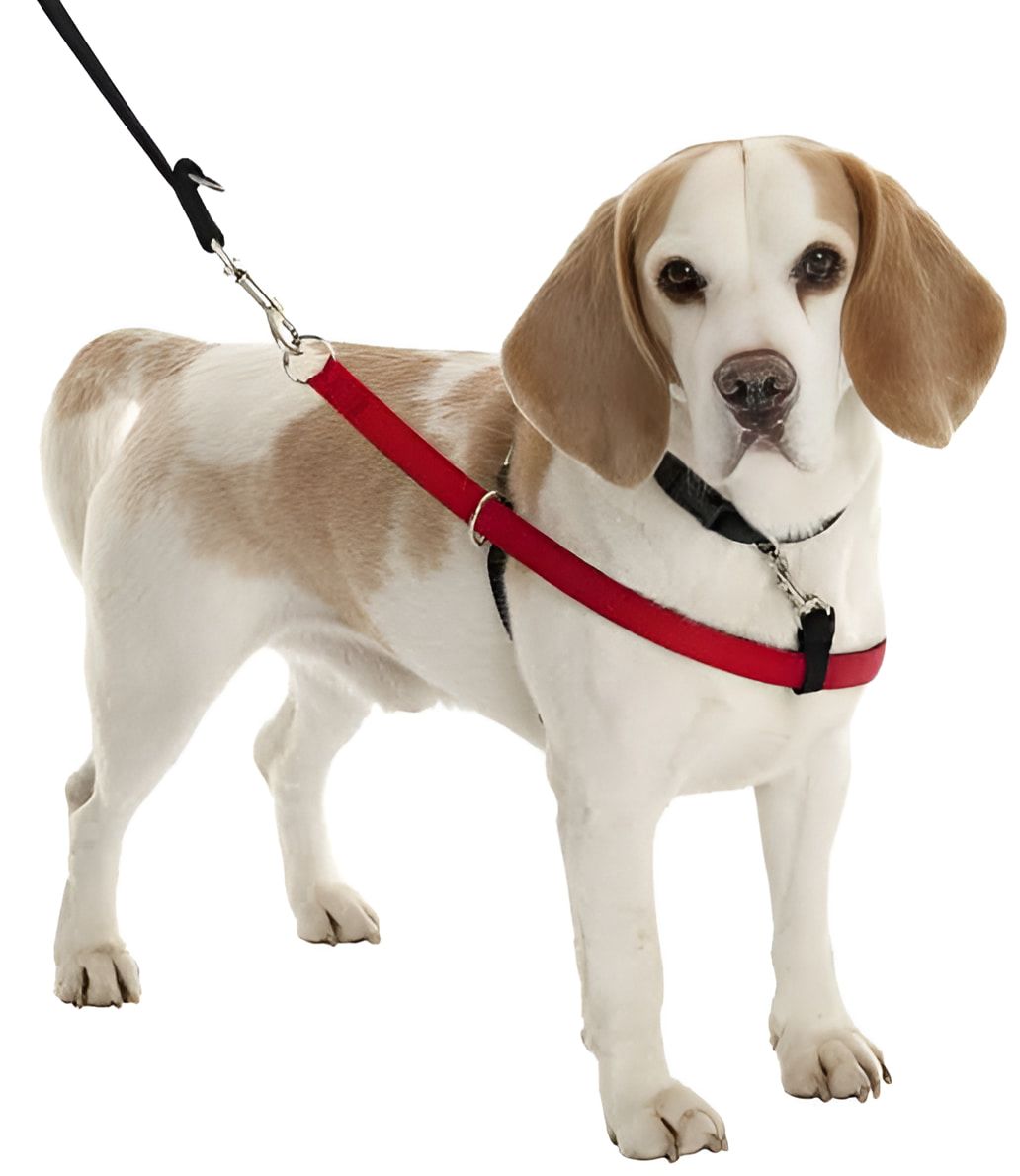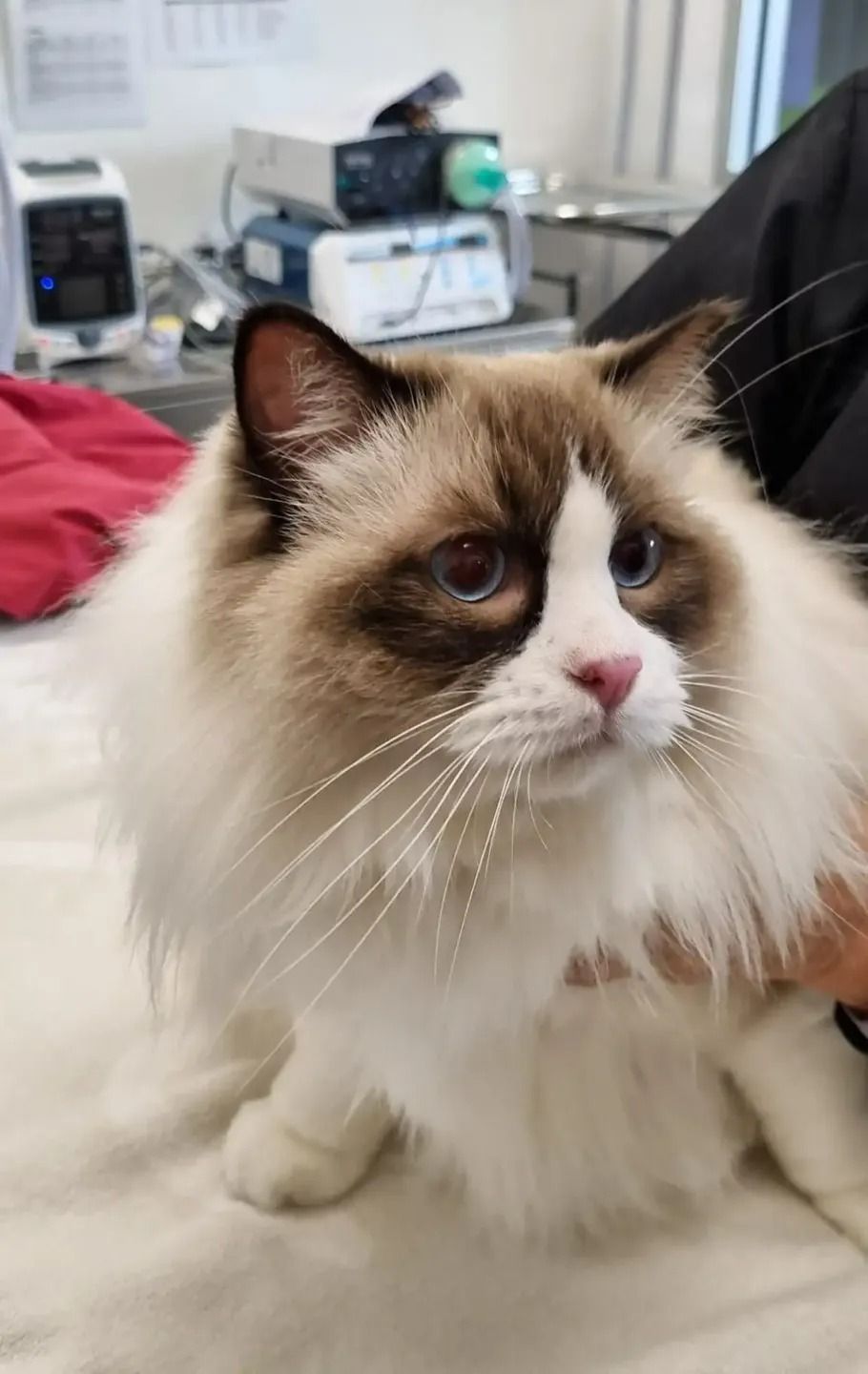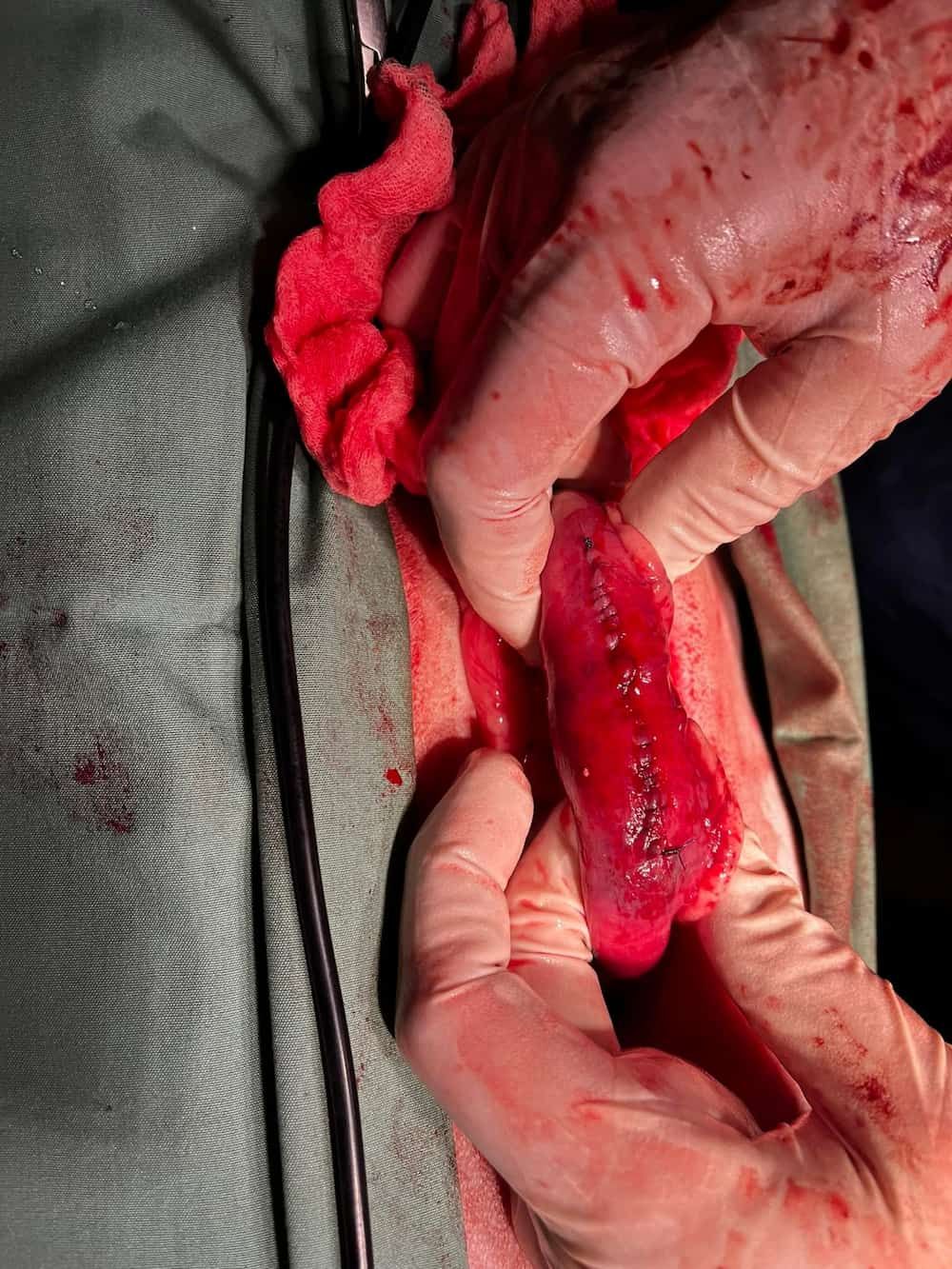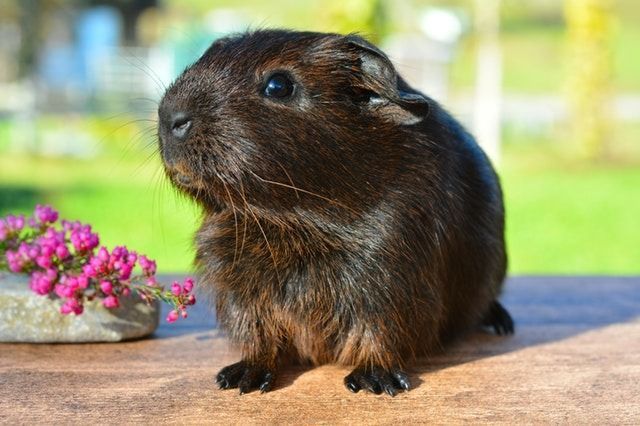Feather Picking in Birds
Can’t work out why your bird is plucking out its feathers? There could be many reasons. Parrots are especially prone to feather plucking and self-mutilation.
Why is my bird mutilating itself?
There are many possible reasons for self-mutilation and it presents a complex and challenging problem for the owner and the veterinarian. There may be a physical reason such as infections involving the feather, or a psychological reason such as stress or boredom. The action often becomes a habit, which can be difficult to break even once the primary reason is removed.
What diseases lead to feather picking?
External or internal parasites, heavy metal poisoning (from chewing metal objects, ingesting fragments of poorly constructed cages or toys or lead-based paint), malnutrition, cancer and other internal diseases can all contribute to self-mutilation. Examination by an avian veterinarian of the feathers, faecal samples, blood tests, and X-rays may be required to diagnose the underlying problem.
Allergies are increasingly being investigated as a cause of feather picking. Some birds may be allergic to certain seeds or to house dust mites.
What are the psychological causes of self-mutilation?
Boredom, overcrowding, environmental changes and poor wing clipping can also lead to feather picking.
Birds should have plenty of environmental enrichment to prevent them from becoming bored. Let your bird out of the cage as much as possible, allowing it free access back into the cage where it feels secure. The bird must also learn discipline and self-confidence from its owner so that they don’t bite, scream, panic or self-mutilate. All family members should be dominant over the bird.
Excessive nesting behaviour can result in seasonal feather self-mutilation. These birds may need a mate, an adjustment in the amount of natural and artificial light they receive each day, or possibly hormone treatment.
Different species of bird self-mutilate for different reasons, so consult an avian veterinarian or behaviourist to discuss your individual case.
By Provet Resident Vet
Contributors: Dr Rebecca Bragg BVSc, Dr Julia Adams BVSc

